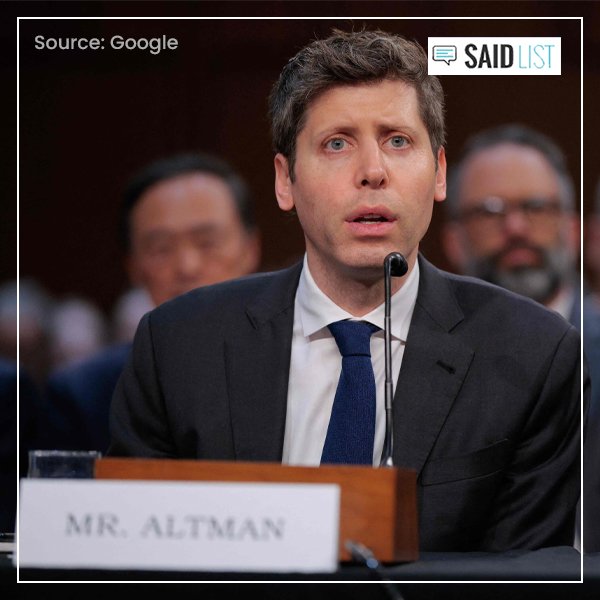On Sunday, India’s Adani Group issued a detailed rebuttal to a Hindenburg Research report that sparked a $48 billion drop in its stock, claiming that it complies with all local laws and has made all required regulatory disclosures.
The conglomerate led by Asia’s richest man, Indian billionaire Gautam Adani, claimed last week’s Hindenburg report was intended to allow the U.S.-based short seller to book profits but provided no evidence.
The stock market crash has been a dramatic setback for Adani, 60, a school dropout who rose quickly in recent years to become the world’s third richest man before falling last week to seventh on Forbes’ rich list.
“All transactions entered into by us with entities that qualify as related parties’ under Indian laws and accounting standards have been duly disclosed,” Adani said in a 413-page response released late Sunday.
“This is rife with conflict of interest and is intended only to create a false market in securities to allow Hindenburg, an admitted short seller, to book massive financial gain through wrongful means at the expense of countless investors,” the statement continued.
Hindenburg’s website stated that Adani’s “response largely confirmed our findings while ignoring our key questions.” It reiterated its short position in the Adani group via US-traded bonds and non-Indian-traded derivative instruments.
Its report questioned how the Adani Group used offshore entities in tax havens such as Mauritius and the Caribbean islands. It added that certain offshore funds and shell companies “secretly” own stock in Adani’s listed companies.
Adani claimed that the research report made “misleading claims about offshore entities” without providing evidence. Hindenburg said it “found Adani’s lack of direct and transparent answers” on the allegations of the use of offshore entities “telling”.
Adani said on Thursday that it is considering legal action against Hindenburg, which responded the same day by saying that such a move would be welcomed.
Hindenburg’s report also said five of seven key listed Adani companies have reported current ratios, a measure of liquid assets minus near-term liabilities, of below 1 which it said suggested “a heightened short-term liquidity risk”.
It said key listed Adani companies had “substantial debt” which has put the entire group on a “precarious financial footing” and that shares in seven Adani listed companies have an 85% downside due to what it called “sky-high valuations”.
According to Adani’s response, its group companies have “consistently de-levered” over the last decade.
In defending its practice of pledging its promoters’ – or key shareholders’ – shares as collateral, the Adani Group stated that raising financing against shares as collateral is a common practice globally, and loans are granted by large institutions and banks based on thorough credit analysis.
According to the group, there is a robust disclosure system in place in India, and its promoter pledge positions across portfolio companies have dropped from more than 50% in some listed stocks in March 2020 to less than 20% in December 2022.
Let’s see what netizens have to say on this:











